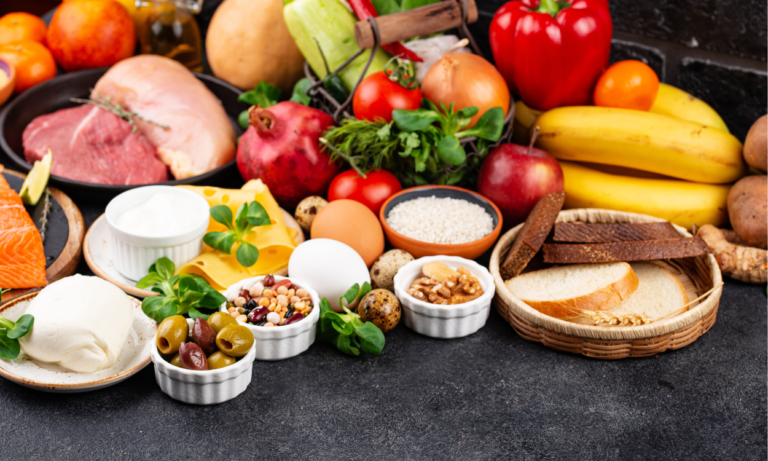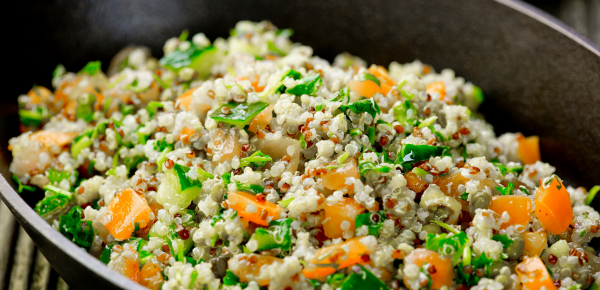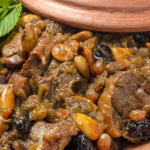Fresh fruits and vegetables: They are at the heart of the Mediterranean diet. Vegetables such as tomatoes, eggplants, zucchini, peppers, and spinach are consumed regularly. Fruits such as oranges, figs, grapes, and olives provide fiber and antioxidants.
Legumes and whole grains: Chickpeas, lentils, fava beans, and beans are important sources of plant-based proteins. Whole wheat bread, brown rice, bulgur, and couscous are consumed in moderate amounts and provide complex carbohydrates.
Extra virgin olive oil: This is the primary source of fat in the Mediterranean diet. Rich in monounsaturated fatty acids, it is used for cooking, salads, and even in some desserts.
Fish and seafood: Fish is a key source of protein in the Mediterranean diet, especially fatty fish such as salmon, sardines, and mackerel, rich in omega-3 fatty acids.
Nuts and seeds: Walnuts, almonds, pistachios, and sunflower seeds are consumed in small quantities for their richness in unsaturated fats and plant-based proteins.
Dairy products: Cheese and yogurt, often made from sheep or goat milk, are consumed moderately and serve as sources of calcium.
Lean meats and poultry: Lean meats like poultry and rabbit are consumed in moderation, often accompanied by vegetables and whole grains.














